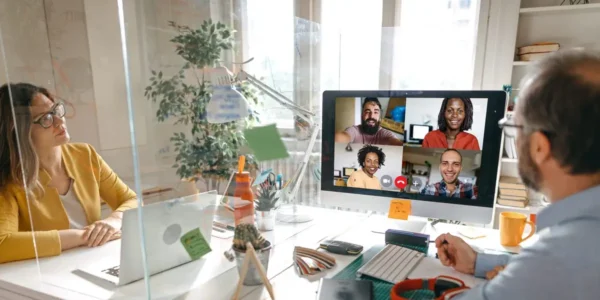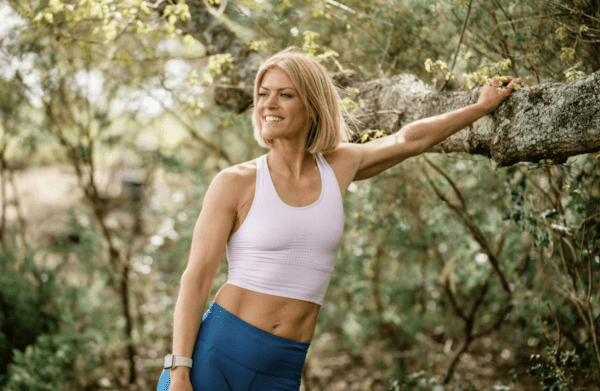
Picture Imperfect – The Rules Surrounding Images and Videos Posted On Social Media

With the festive season in full swing, it’s the time of year to let your hair down and enjoy the festivities. Partygoers beware though, as wild behaviour is very likely to be recorded for posterity and posted on social media for the world to enjoy! But are people allowed to record and share your more embarrassing moments without your permission and what does the law have to say?
We have worked with Sarah Garner, solicitor at DAS Law, who shared with us the rules surrounding social media photos and videos…
When creating video content for social media, there’s no denying that it can take a lot of planning, preparation, and creative energy to make it look great. But don’t let the complexity of creating videos stop you from having fun with the process! You can have a look at this social media videographer here if you need help to grow your social media and get you more connected with your audience online. If you want to use a picture that has a watermark, you may use a website that offers remove watermark ai tools to edit the photo.

YCB: If photos and/or videos taken without my knowledge or consent, who owns the images?
Sarah Garner: The Copyright, Designs and Patents Act 1988 provides that the author of a photograph is the person who creates it. The person who takes the photograph/video will own the copyright unless the photo/video was created by a person in the course of their employment. In this case the copyright will be owned by the employer.
YCB: Can I have photos removed from social media or stop them being shared?
Sarah Garner: In UK law there is generally no right to privacy where an image/video is taken in a public place. In a case involving Naomi Campbell, the court determined that the publication of photographs taken in public would only be prevented if they were obviously private, or were offensive in some other way. This would include a person being caused humiliation or severe embarrassment.
Most social media companies have policies in place that although the creator of the photo/video is the owner, once they are uploaded you are granting a licence to that social media company to use or allow others to use that photo/video.
Due to the lack of privacy laws the courts are generally relying upon decisions in previous cases for their findings. Publication of photographs can be prevented if they were commissioned to be taken but were then used for an unauthorised purpose.
The author of the photo/video would need to delete the photo/video from their social media account for it to be removed. However, if the photo/video has been shared by another user it is unlikely that it can be removed.
YCB: Can I insist they are permanently deleted and how do I go about this?
Sarah Garner: Being able to get photos/videos removed from social media is highly unlikely especially if the photo/video has already been viewed/shared. The legal recourses available to prevent or remove photos/videos are a court injunction, a court order for return or destruction, or damages by way of financial compensation.
Most social media companies will block or remove photos/videos that breach their policies regarding containing offensive material or images but this would be at the discretion of the particular social media company. You can however report any image or video for them to consider if it breaches their policies.















































